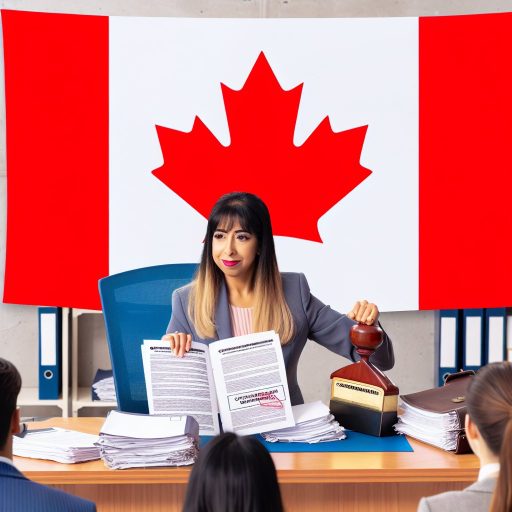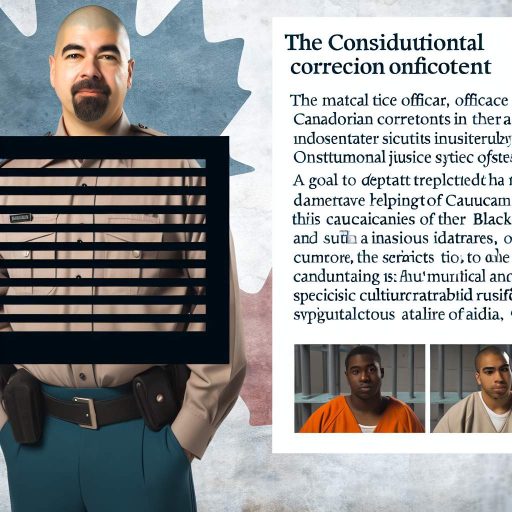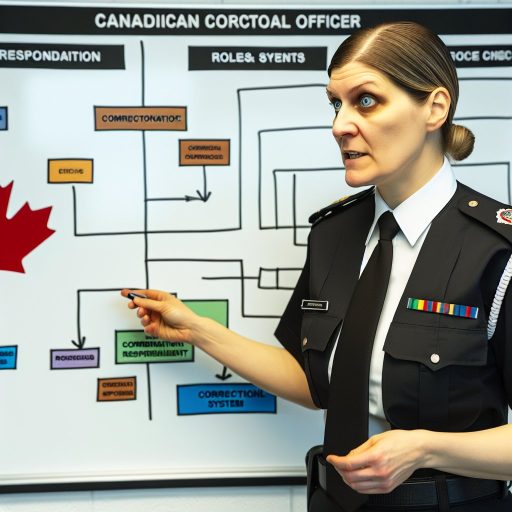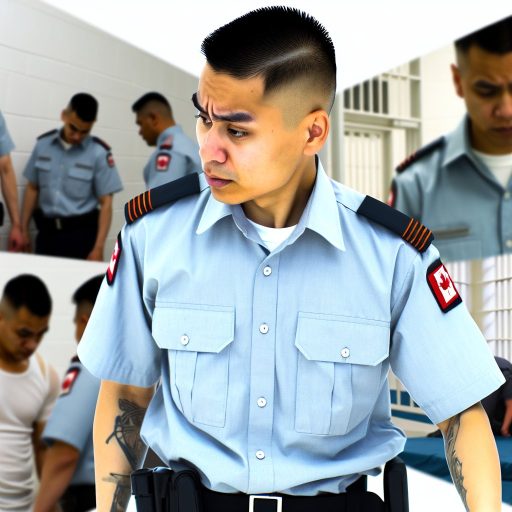Overview of Veterans Affairs Canada and Its Mission
Veterans Affairs Canada plays a vital role in supporting former military personnel.
This federal department is dedicated to providing care for our nation’s heroes.
Its mission emphasizes the well-being of veterans and their families.
Furthermore, it aims to help them transition successfully into civilian life.
Core Values and Principles
Veterans Affairs Canada is guided by compassion and respect.
These core values ensure that all services meet the unique needs of veterans.
Additionally, the department prioritizes a commitment to excellence.
This dedication reflects the high standards our veterans deserve.
Services Offered
Veterans Affairs Canada provides a wide range of services.
These include financial assistance, health services, and rehabilitation programs.
Moreover, the department offers support for mental health issues.
It also aids veterans in accessing education and employment resources.
Partnerships and Collaboration
The department collaborates with numerous organizations and agencies.
For example, partnerships with community groups enhance support systems.
Such collaborations facilitate a comprehensive approach to veteran care.
In addition, they foster a sense of belonging for veterans and their families.
Roles and Responsibilities of Veterans Affairs Officers
Understanding the Core Functions
Veterans Affairs Officers play a vital role in supporting veterans.
They assist with navigating benefits and services available to them.
These officers provide personalized guidance to each veteran.
Additionally, they help veterans understand eligibility criteria.
Each officer works to ensure veterans receive appropriate resources.
Providing Information and Resources
Veterans Affairs Officers offer detailed information about programs.
They provide resources for health care services and financial aid.
Moreover, they share information on education and training opportunities.
This access aids veterans in making informed decisions.
Unlock Your Career Potential
Visualize a clear path to success with our tailored Career Consulting service. Personalized insights in just 1-3 days.
Get StartedConducting Needs Assessments
Officers conduct comprehensive needs assessments for veterans.
They evaluate individual circumstances and challenges faced.
Through this assessment, tailored solutions are developed.
Ensuring holistic support is a priority for each officer.
Advocacy and Support
Veterans Affairs Officers act as advocates for their clients.
They represent veterans’ interests within the government systems.
Furthermore, they engage with community organizations for better support.
This advocacy often results in enhanced services for veterans.
Facilitating Access to Benefits
These officers assist veterans in applying for multiple benefits.
They guide clients through the application processes step by step.
Ensuring timely access to benefits is a key responsibility.
Officers monitor the status of applications to address delays.
Building Community Connections
Veterans Affairs Officers connect veterans with local resources.
They help establish relationships with veteran service organizations.
These connections can lead to additional support networks.
Furthermore, they organize community events to foster camaraderie.
Types of Support Services Offered to Veterans
Financial Assistance
Financial assistance provides critical support to veterans in need.
This service includes disability pensions for injured veterans.
Additionally, veterans can receive income support for low-income situations.
Loans and grants help veterans purchase homes and start businesses.
Health Care Services
Health care services are essential for the well-being of veterans.
Veterans Affairs offers access to medical facilities across Canada.
These facilities provide physical and mental health services.
Veterans can receive rehabilitation programs for service-related injuries.
Employment Support
Employment support services help veterans transition into civilian jobs.
Job training programs equip veterans with new skills and knowledge.
This support includes resume writing assistance and interview coaching.
Furthermore, job placement services connect veterans with employers.
Legal Services
Legal services ensure veterans understand their rights and benefits.
Veterans can access free legal consultations for various issues.
Legal aid supports claims for veteran benefits and services.
This assistance is crucial for addressing housing and employment disputes.
Community Support
Community support fosters social connections among veterans.
Veterans Affairs organizes events and programs for social engagement.
Peer mentorship programs connect veterans with those who understand their experiences.
This support helps reduce feelings of isolation and promotes healing.
Learn More: Impact of Technology on the Correctional Officer Profession
Assessment Processes for Determining Veterans’ Needs
Initial Assessment
The assessment begins with a comprehensive initial evaluation.
Veterans Affairs Officers conduct face-to-face interviews.
These conversations help officers gather vital information.
Officers employ standardized questionnaires during these sessions.
This approach ensures consistency and thoroughness in data collection.
Identifying Unique Challenges
Each veteran faces different challenges based on their service.
Officers focus on recognizing physical and mental health issues.
They assess the impact of service-related trauma on daily life.
Additionally, evaluating social and economic factors is essential.
Understanding these challenges informs the support provided.
Collaboration with Other Services
Veterans Affairs Officers often collaborate with various organizations.
This includes healthcare providers, social services, and non-profits.
Effective collaboration helps to streamline support services.
Such partnerships expand the resources available to veterans.
Moreover, they enhance the overall assessment process.
Continuous Improvement in Assessment Methods
Veterans Affairs is committed to improving assessment methodologies.
Ongoing training enhances the skills of Veterans Affairs Officers.
Feedback from veterans plays a crucial role in refining processes.
Incorporating new research ensures that assessments remain relevant.
This dedication to improvement prioritizes veterans’ evolving needs.
See Related Content: Advancement Opportunities for Correctional Officers in Canada
Navigating Benefits and Services: A Step-by-Step Guide
Understanding Available Benefits
Canadian veterans can access various benefits tailored to their needs.
These benefits include health care, financial support, and educational resources.
Veterans Affairs Canada (VAC) provides detailed information on eligibility criteria.
Gathering Required Documents
Start the application process by collecting necessary documents.
Ensure you have identification such as a service number and SIN.
Gather any medical records relevant to your claims.
Consider collecting supporting documents from family or friends as well.
Contacting a Veterans Affairs Officer
Connecting with a Veterans Affairs officer can streamline your application.
Officers can clarify complex processes and assist with documentation.
They provide personalized guidance to navigate available benefits effectively.
Completing Your Application
Your application needs to be comprehensive and accurate.
Clearly indicate the benefits for which you are applying.
Verify that all supporting documents are included with your application.
Double-check your contact information for any follow-ups.
Receiving Feedback and Follow-Up
After submitting your application, expect a response within a few weeks.
You may receive requests for more information or clarification.
Stay proactive by following up if you do not receive feedback promptly.
Understanding the Appeals Process
If your application is denied, you can appeal the decision.
Familiarize yourself with the appeals process detailed by VAC.
Gather additional evidence to strengthen your appeal.
Consider seeking assistance from a veterans’ service organization.
Find Out More: Skills Required to Succeed as an Ombudsman
Mental Health Support and Resources for Veterans
Importance of Mental Health for Veterans
Mental health is critical for the overall well-being of veterans.
Various experiences during service can significantly impact their mental health.
Thus, understanding these challenges is essential for effective support.
Available Resources Through Veterans Affairs
Veterans Affairs provides a wide range of mental health services.
These services include counseling, therapy, and support groups.
Online resources are also accessible for veterans seeking help.
Types of Support Offered
Individual therapy sessions help veterans process their experiences.
Group therapy fosters a sense of community among veterans.
Family counseling is available to address relational issues stemming from service.
Emergency Support Services
Crisis services are vital for veterans in immediate need.
The Veterans Crisis Line offers 24/7 support and counseling.
Immediate intervention can prevent potential crises.
Community Programs and Partnerships
Veterans can access various community programs tailored to their needs.
These programs often include recreational activities and peer support initiatives.
Partnerships with local organizations enhance the support network for veterans.
Continuing Education and Training
Workshops focused on resilience and coping strategies are beneficial.
Skill-building programs help veterans reintegrate into civilian life successfully.
Education on mental health awareness promotes understanding and reduces stigma.
Delve into the Subject: Key Characteristics of Successful Correctional Officers
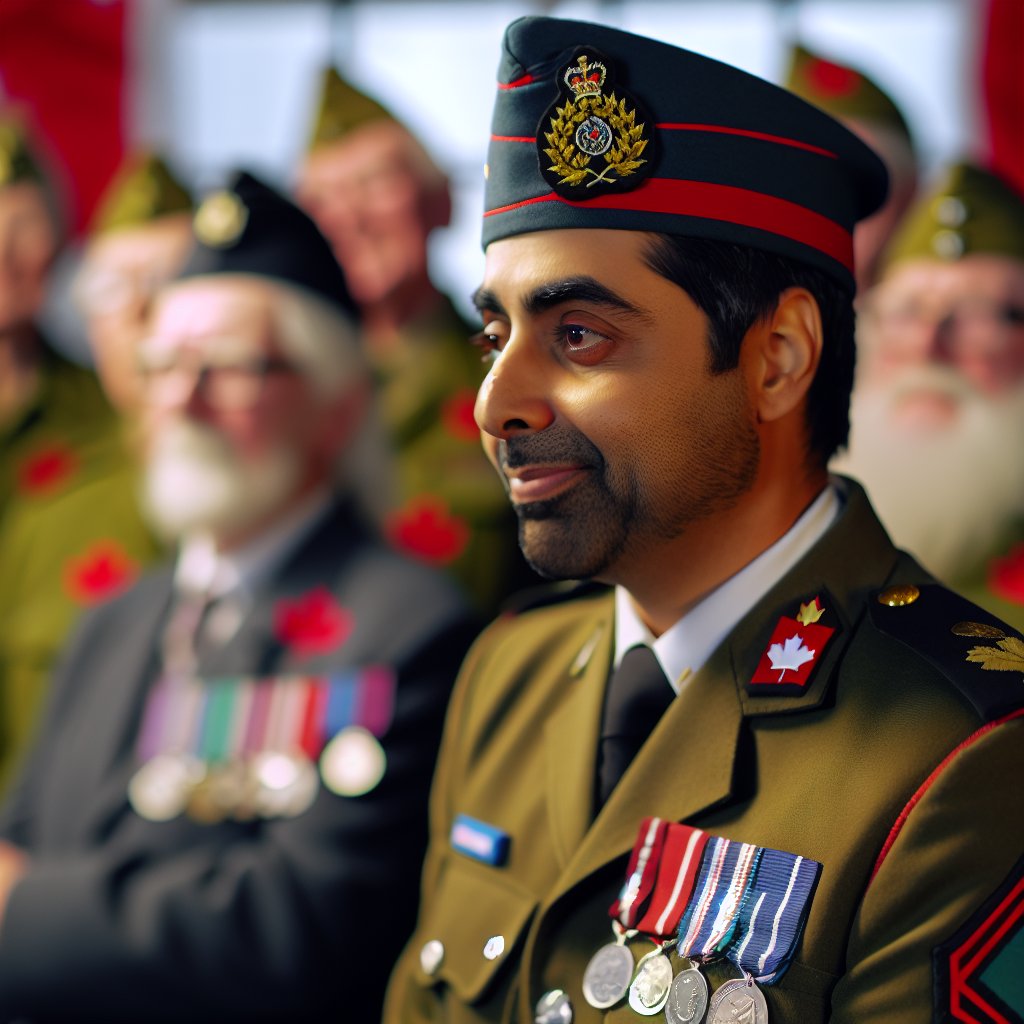
Community Integration Programs Facilitated by Officers
Overview of Community Integration
Community integration programs are vital for veterans transitioning to civilian life.
These initiatives aim to help veterans feel connected and supported.
Officers play a crucial role in facilitating these programs.
Types of Programs Offered
Several types of community integration programs exist for veterans.
- Employment assistance programs help veterans find suitable jobs.
- Social activities foster connections among veterans and the community.
- Health and wellness programs promote physical and mental well-being.
- Educational opportunities enhance skills and knowledge for career advancement.
Building Strong Community Connections
Officers organize events to encourage interaction between veterans and local residents.
These events often include workshops, seminars, and recreational activities.
Furthermore, they help veterans share their experiences with others.
Through these interactions, veterans develop a strong support network.
Collaboration with Local Organizations
Officers collaborate with various local organizations to strengthen programs.
These partnerships provide additional resources and support.
For instance, local businesses might offer job placements for veterans.
Nonprofits often provide counseling and mental health services.
Success Stories
Many veterans have experienced positive outcomes from these programs.
For example, James, a former soldier, found a rewarding job through a program.
Similarly, Maria connected with fellow veterans, building lasting friendships.
These success stories highlight the impact of community integration efforts.
Continuous Improvement
Officers collect feedback to improve community integration programs.
Regular assessments ensure programs meet veterans’ evolving needs.
By adapting to feedback, officers enhance the effectiveness of these initiatives.
Success Stories: How Veterans Have Benefited from Support
Overcoming Challenges
Many veterans face significant challenges after returning home.
Support from Veterans Affairs officers helps them navigate these obstacles.
Aaron, a former soldier, struggled with PTSD after his service.
With guidance from his officer, he accessed mental health services.
As a result, he found effective treatment that improved his quality of life.
Career Transition Assistance
Transitioning to civilian life can be difficult for many veterans.
Veterans Affairs offers career support programs tailored to their needs.
Sara, an army veteran, received help with her resume and job search.
Through this support, she secured a job in her preferred field.
This assistance empowered her to regain her financial independence.
Education and Skill Development
Many veterans wish to pursue further education after service.
Veterans Affairs provides funding and educational resources to help.
Mark, who served in the navy, enrolled in a technology program.
With financial assistance, he completed his degree in computer science.
This success opened new career opportunities for him in the tech industry.
Community Building
Building a support network is crucial for many veterans.
Veterans Affairs officers often facilitate community events and connections.
Emily found solace in a local support group organized by her officer.
Through this network, she made lasting friendships with fellow veterans.
These relationships significantly enhanced her social well-being.
Health and Wellness Programs
Maintaining physical health is essential for veterans’ overall wellness.
Veterans Affairs offers various health and wellness programs to support this.
Tom attended fitness classes and nutritional workshops sponsored by them.
As a result, he improved his physical fitness and mental resilience.
These programs foster a healthier lifestyle for participating veterans.
Challenges Faced by Veterans Affairs Officers in Their Roles
Understanding the Work Environment
Veterans Affairs officers navigate a complex and challenging environment daily.
This environment often involves bureaucratic hurdles and competing priorities.
Additionally, the emotional weight of supporting veterans can be heavy.
High Demand for Services
The need for mental health services has significantly increased in recent years.
Many veterans struggle with PTSD and other mental health challenges.
Consequently, officers must provide adequate resources to meet these needs.
Limited Resources and Funding
Budget constraints frequently limit the scope of available programs.
Officers often find themselves stretched thin due to limited staffing.
This scarcity can lead to burnout among dedicated professionals.
Building Relationships with Veterans
Establishing trust is crucial for effective communication with veterans.
Yet, many veterans experience reluctance to engage due to stigma.
Officers must create safe spaces for open dialogue and support.
Regulatory Challenges
Navigating complex regulations can overwhelm both officers and veterans.
It often leads to confusion and delays in accessing benefits.
Officers must stay informed of policy changes to assist effectively.
Integrating Services Across Disciplines
Collaboration with other agencies often proves challenging.
Veterans require comprehensive support that spans multiple sectors.
Effectively coordinating these services can be a logistical nightmare.
Emotional Toll on Officers
Supporting veterans often takes a personal emotional toll on officers.
They witness the struggles of those who served their country.
This exposure to trauma can lead to secondary traumatic stress.
Future Initiatives to Enhance Support for Canadian Veterans
Improving Mental Health Services
Veterans Affairs Canada plans to expand mental health services.
This initiative includes increased funding for mental health programs.
Furthermore, they will incorporate new therapies tailored to veterans’ needs.
Outreach programs will educate veterans on available resources.
Training for service providers will enhance understanding of veterans’ experiences.
Strengthening Financial Support
Veterans Affairs aims to improve financial assistance for veterans.
Increased benefits will help veterans transition to civilian life.
This includes boosting pensions and disability support payments.
Additionally, they will simplify the application process for financial aid.
Workshops on financial literacy will empower veterans and their families.
Enhancing Employment Opportunities
New initiatives will focus on creating job opportunities for veterans.
Partnerships with local businesses will facilitate hiring initiatives.
Mentorship programs will connect veterans with successful professionals.
Moreover, skills training will prepare veterans for in-demand careers.
Job fairs geared towards veterans will promote their unique talents.
Expanding Community Engagement
Veterans Affairs is committed to enhancing community involvement.
Support for local veteran organizations will increase significantly.
Community events will foster connections between veterans and civilians.
Volunteering opportunities will encourage veterans to engage with their communities.
Collaborations with educational institutions will raise awareness about veterans’ contributions.
Leveraging Technology for Better Support
Innovative technology will improve access to veteran services.
Online platforms will provide information and support resources swiftly.
Virtual support groups will enable veterans to connect conveniently.
Mobile applications will assist in managing benefits and scheduling appointments.
Furthermore, data analytics will identify trends and improve service delivery.

